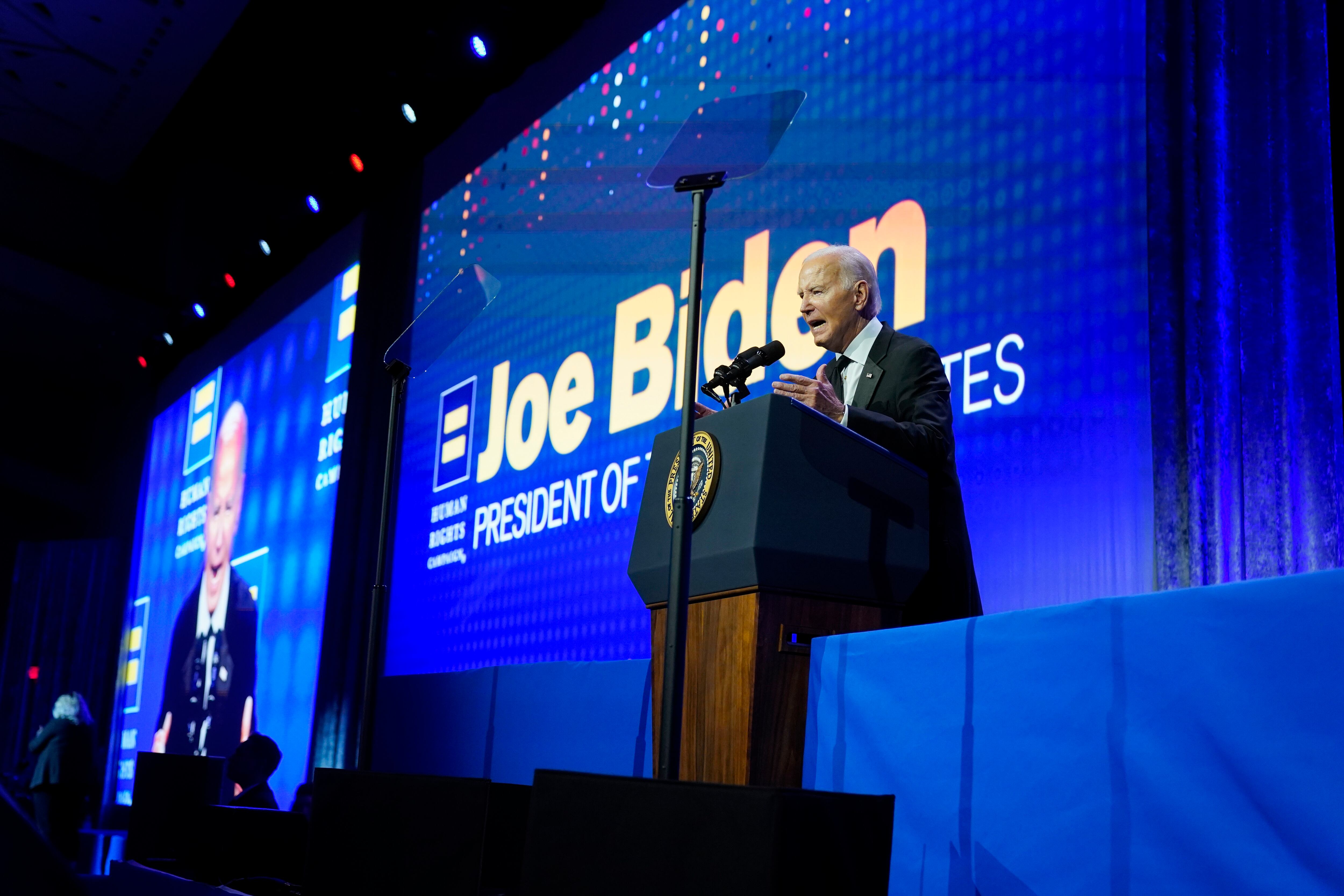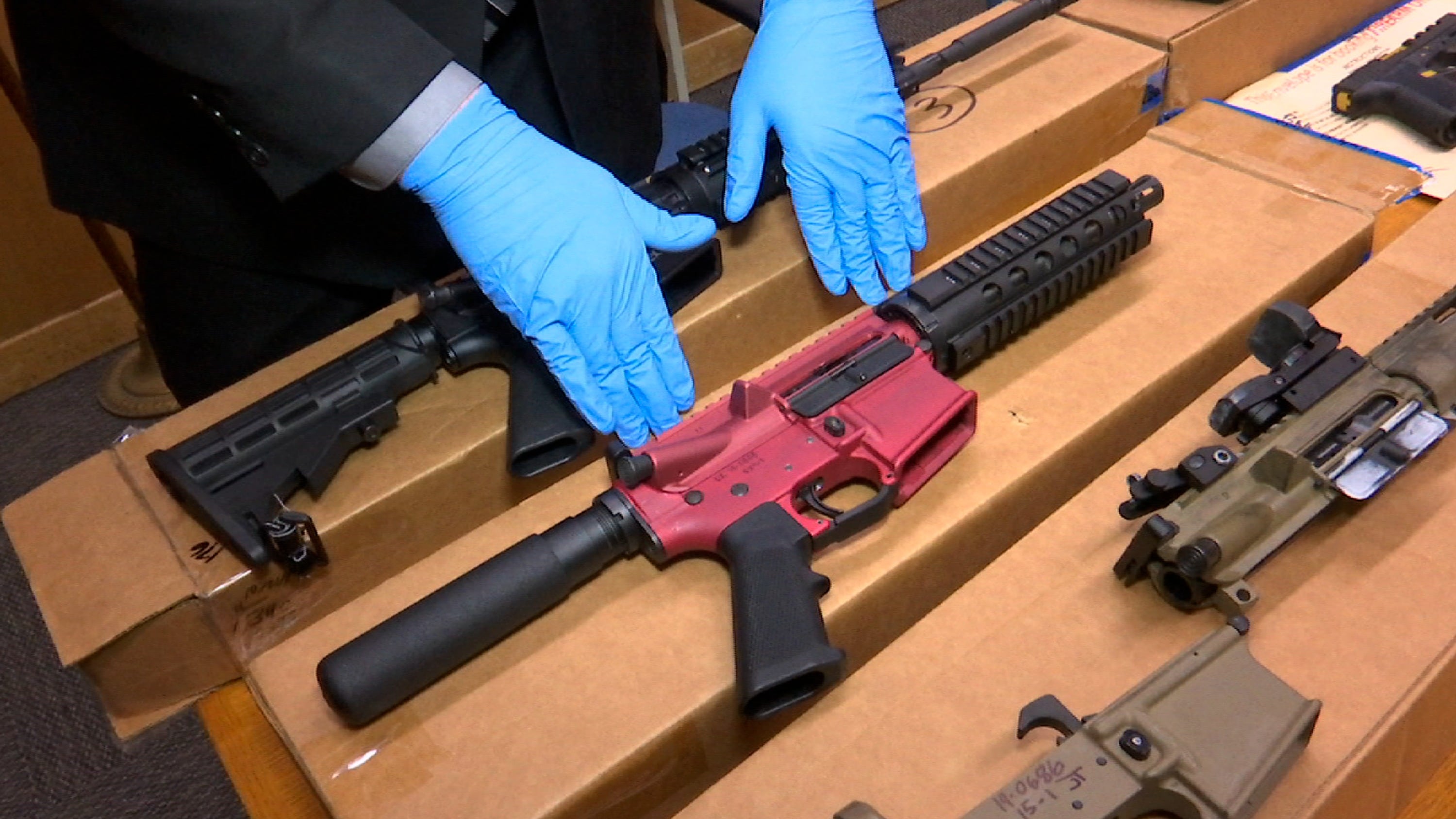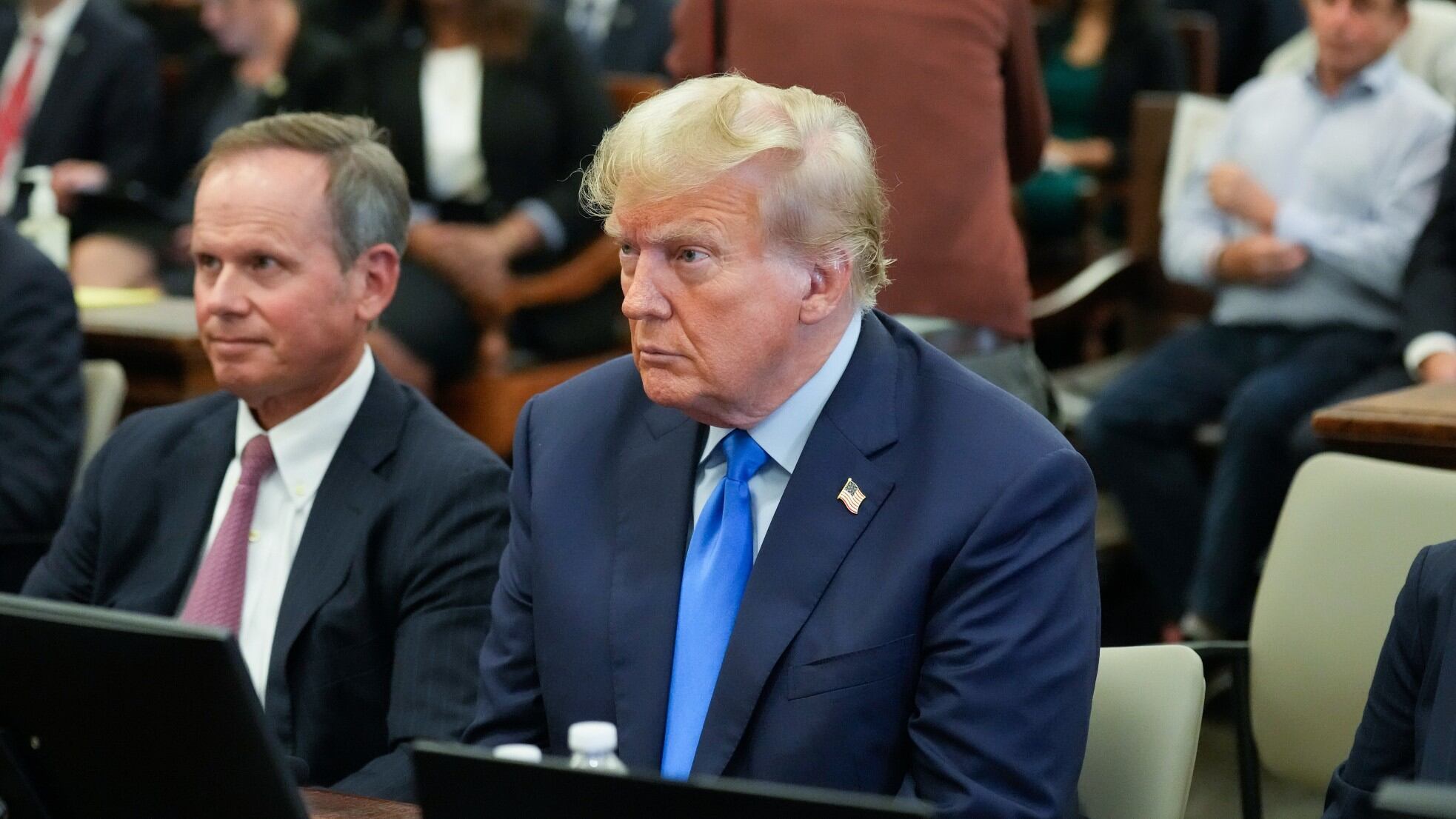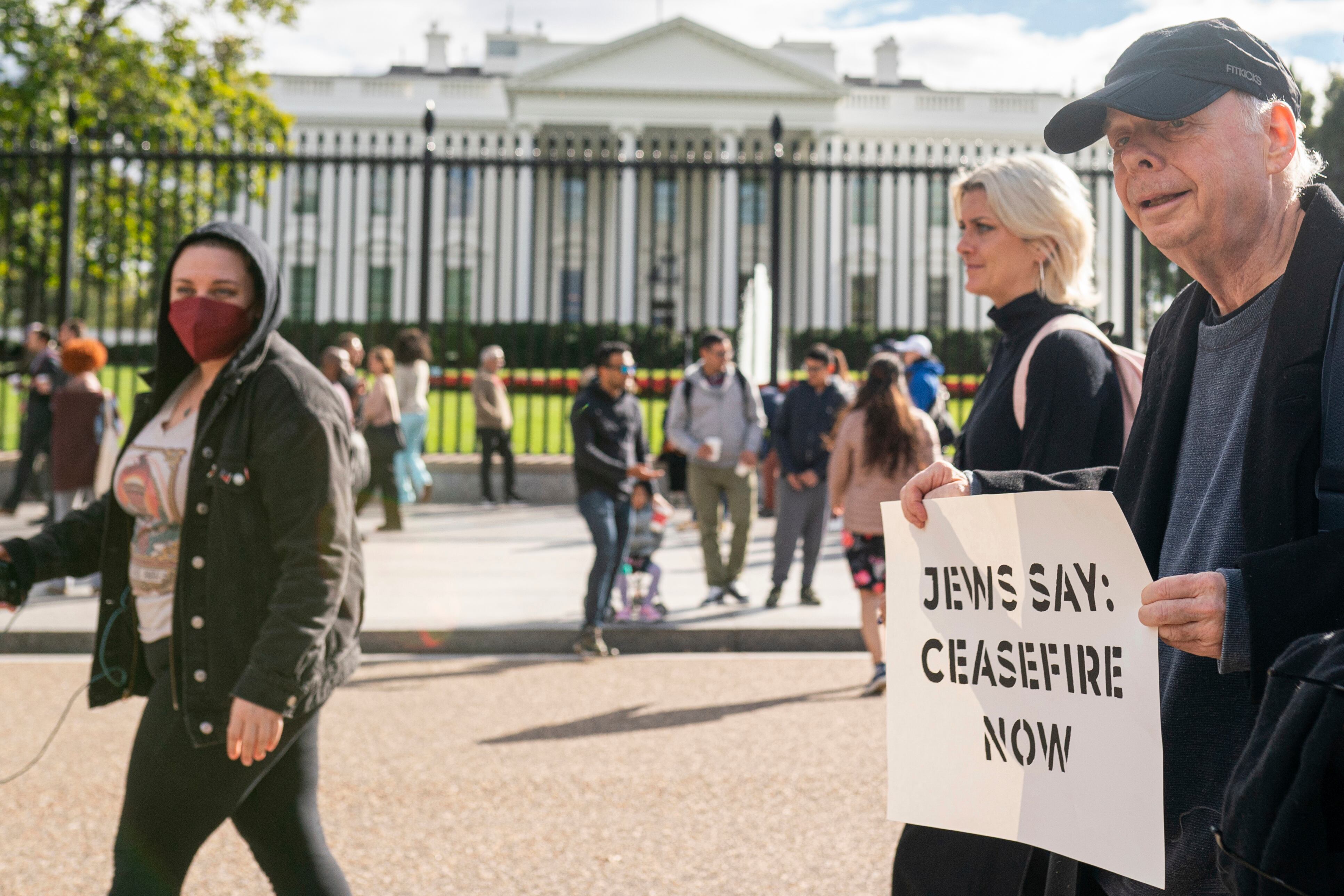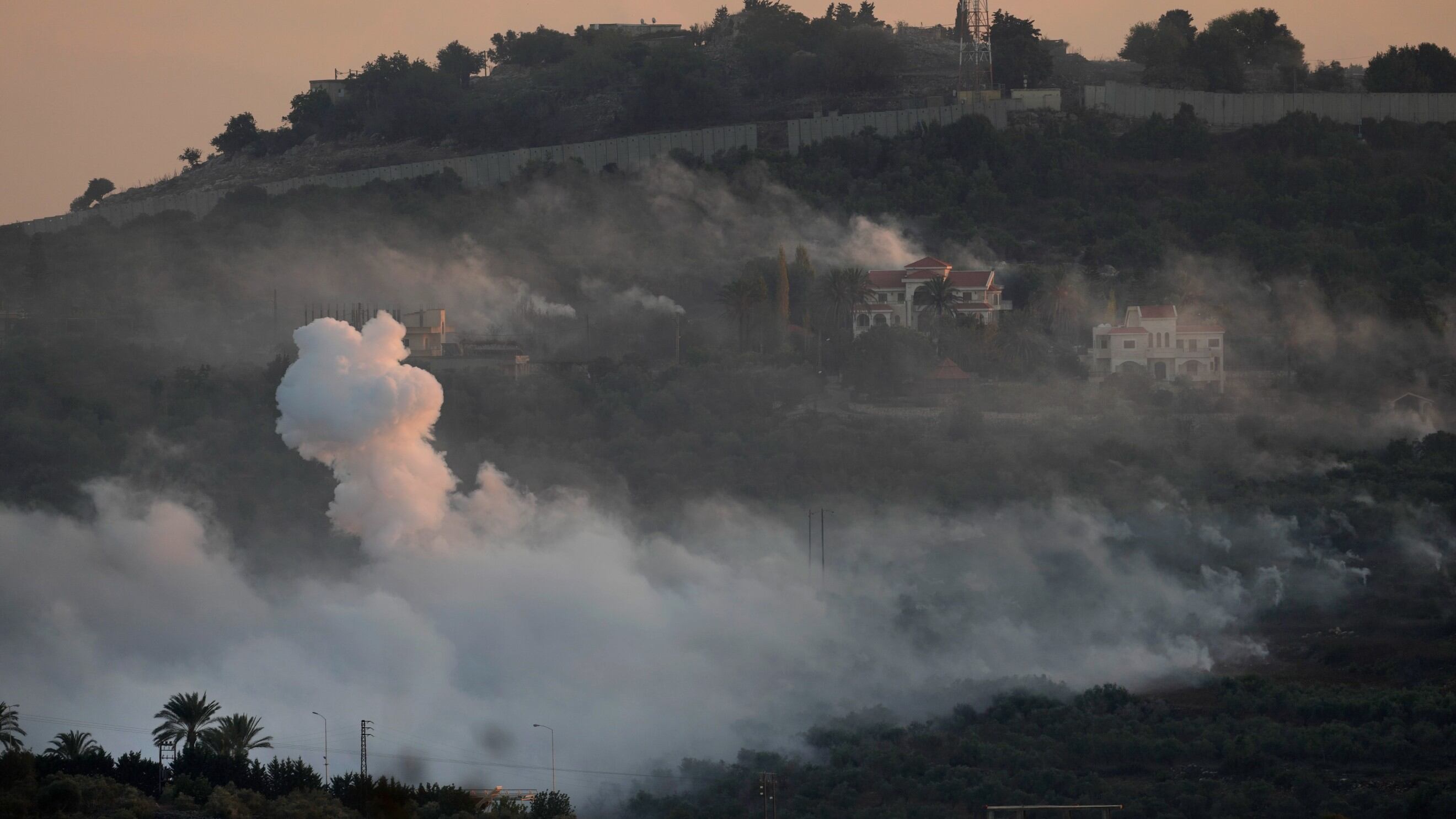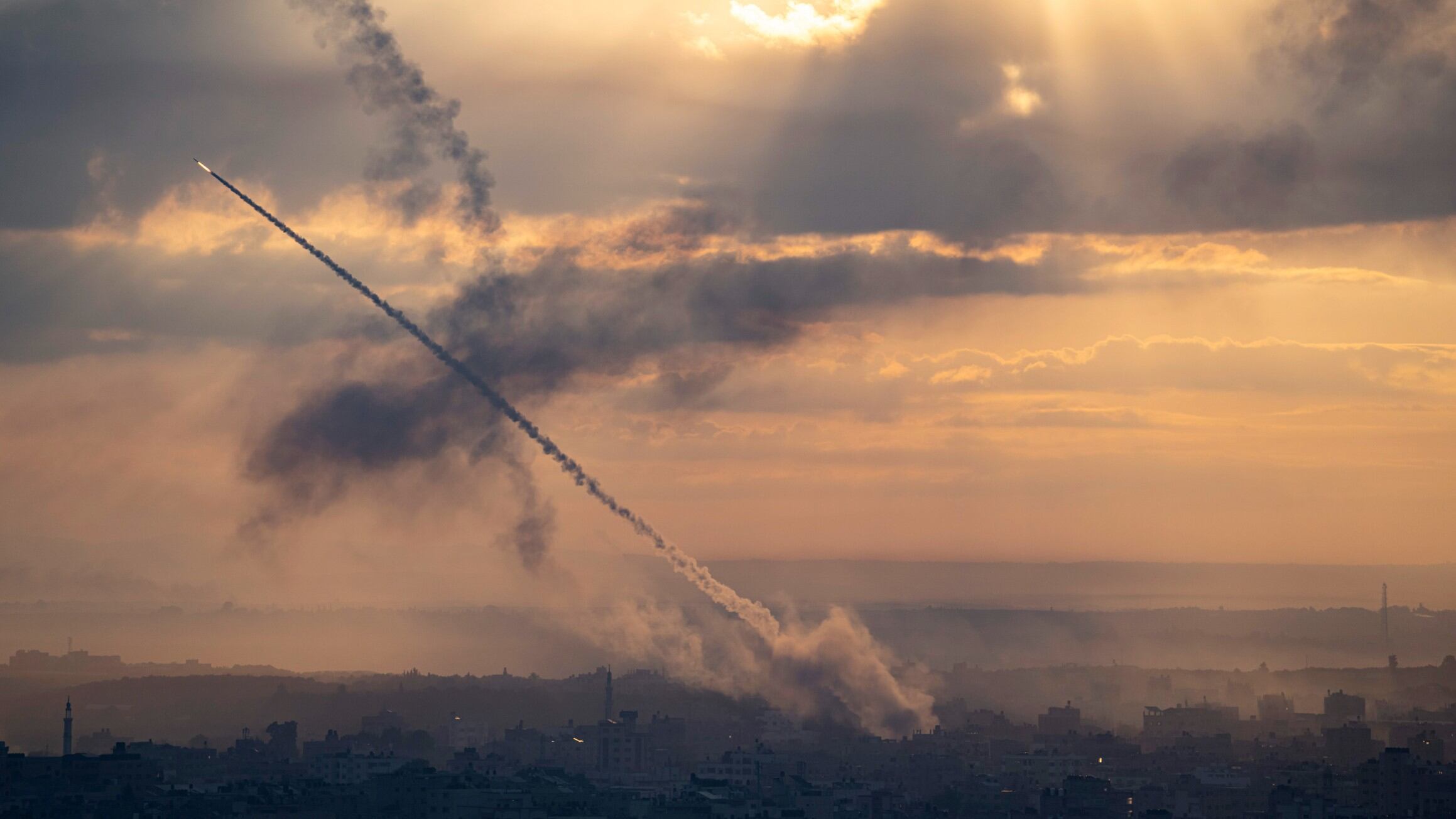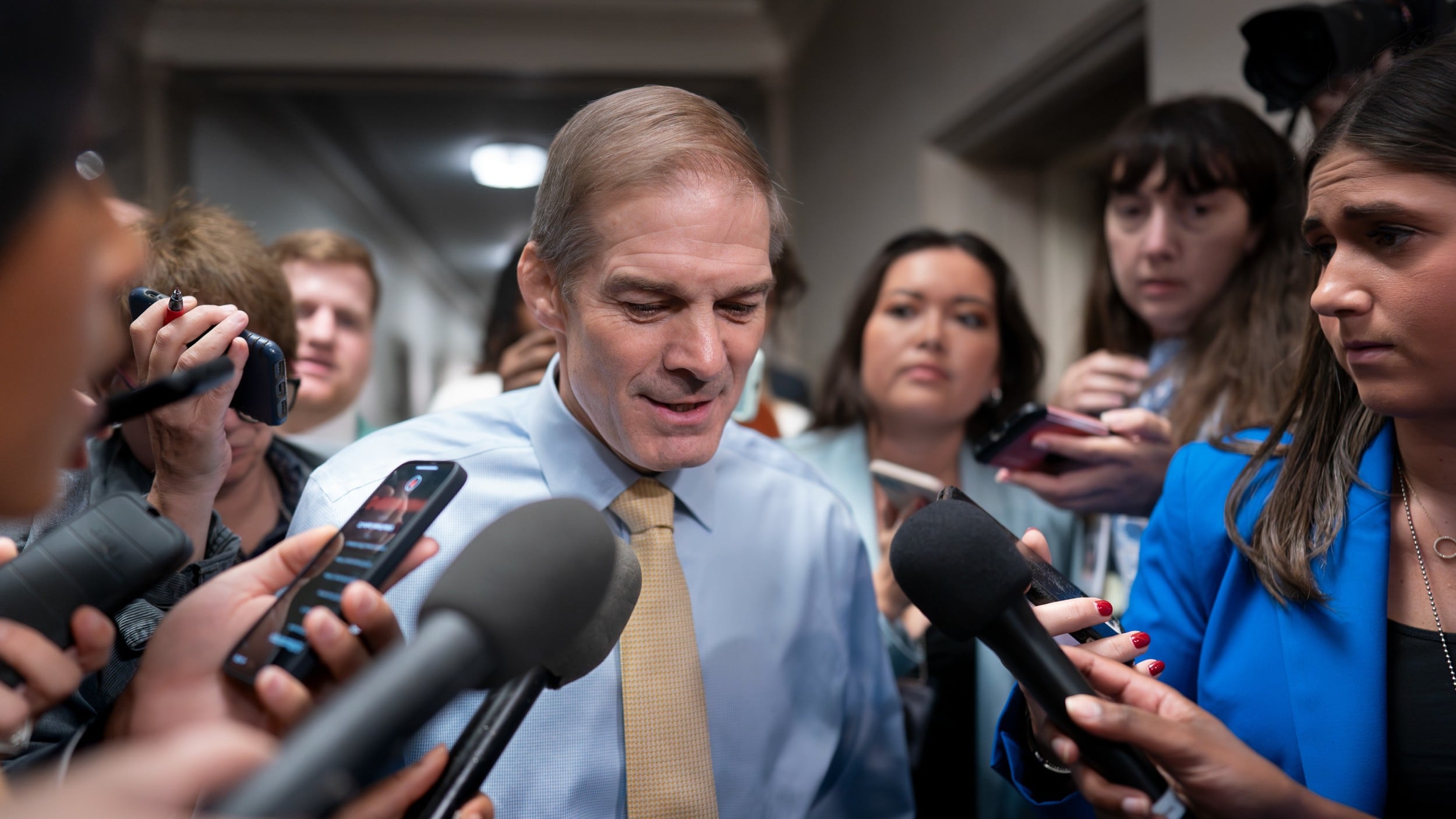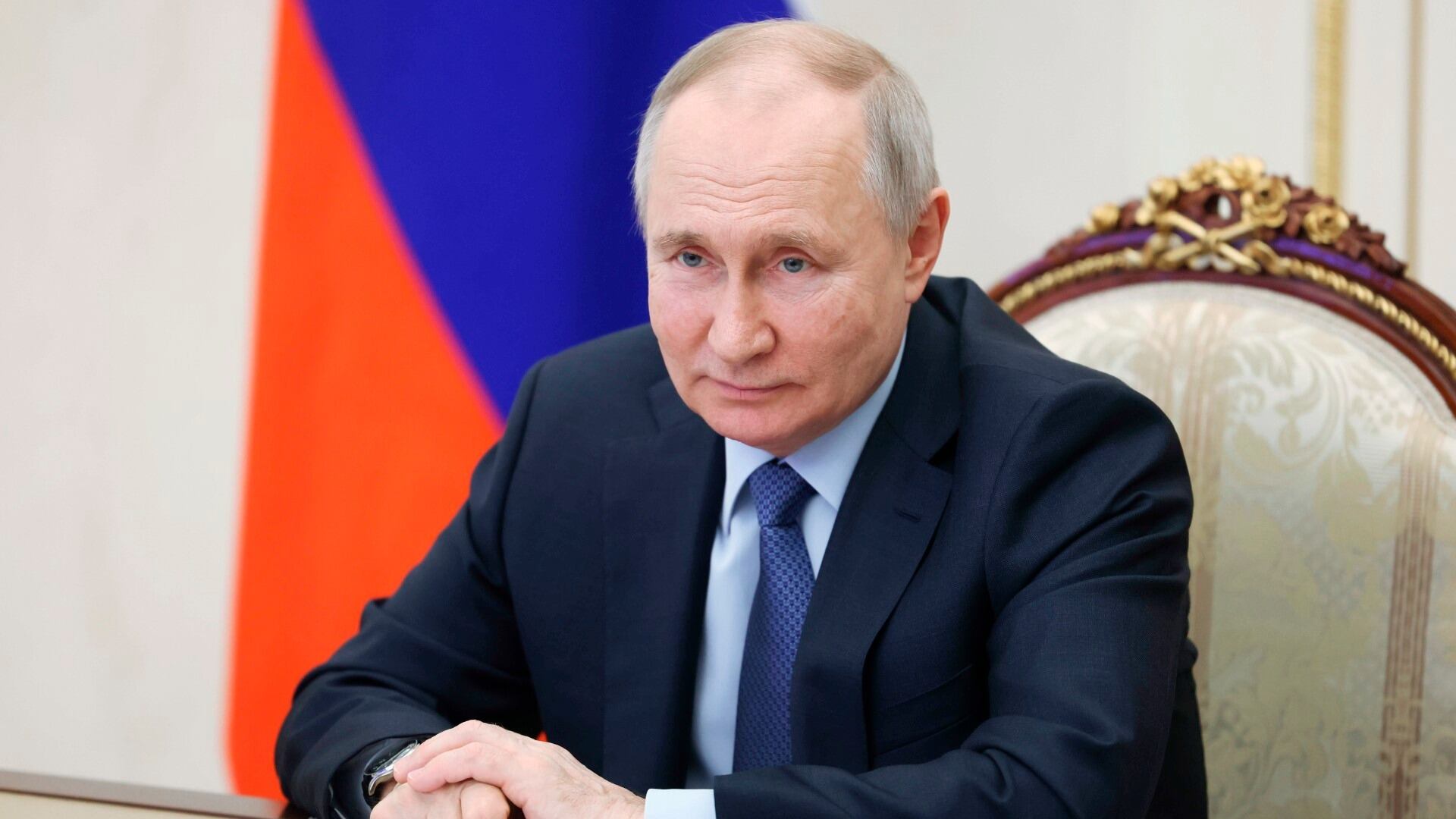By Richard Lardner and Jennifer McDermott
More than $200 billion may have been stolen from two large COVID-19 relief initiatives, according to new estimates from a federal watchdog investigating federally funded programs that helped small businesses survive the worst public health crisis in more than a hundred years.
The numbers issued Tuesday by the U.S. Small Business Administration inspector general are much greater than the office's previous projections and underscore how vulnerable the Paycheck Protection and COVID-19 Economic Injury Disaster Loan programs were to fraudsters, particularly during the early stages of the coronavirus pandemic.
The inspector general's report said “at least 17 percent of all COVID-EIDL and PPP funds were disbursed to potentially fraudulent actors.” The fraud estimate for the COVID-19 Economic Injury Disaster Loan program is more than $136 billion, which represents 33 percent of the total money spent on that program, according to the report. The Paycheck Protection fraud estimate is $64 billion, the inspector general said.
In comments attached to the report, a senior SBA official disputed the new numbers. Bailey DeVries, SBA's acting associate administrator for capital access, said the inspector general's “approach contains serious flaws that significantly overestimate fraud and unintentionally mislead the public to believe that the work we did together had no significant impact in protecting against fraud.”
The SBA inspector general had previously estimated fraud in the COVID-19 disaster loan program at $86 billion and the Paycheck Protection program at $20 billion.
The Associated Press reported June 13 that scammers and swindlers potentially swiped about $280 billion in COVID-19 emergency aid; another $123 billion was wasted or misspent. The bulk of the potential losses are from the two SBA programs and another to provide unemployment benefits to workers suddenly unemployed by the economic upheaval caused by the pandemic. The three initiatives were launched during the Trump administration and inherited by President Joe Biden. Combined, the loss estimated by AP represents 10% of the $4.2 trillion the U.S. government has so far disbursed in COVID relief aid.
The SBA inspector general, Hannibal “Mike” Ware, said in a statement Tuesday that the report "utilizes investigative casework, prior (inspector general) reporting, and cutting-edge data analysis to identify multiple fraud schemes used to potentially steal over $200 billion from American taxpayers and exploit programs meant to help those in need.”
Ware, in an interview with The Associated Press earlier this month, said that these latest fraud figures won’t be the last ones issued by his office.
“We will continue to assess fraud until we’re finished with the investigations on these things,” Ware said. That could be a long while. Ware’s office has a backlog of more than 90,000 actionable leads into pandemic relief fraud, which amounts to nearly a century's worth of work.
SBA previously told The Associated Press the federal government has not developed an accepted system for assessing fraud in federal programs. Previous analyses, the agency said, have pointed to “potential fraud” or “fraud indicators” in a manner that conveys those numbers as a true fraud estimate when they are not. For the COVID-19 Economic Injury Disaster Loan program, the agency said it's “working estimate” found $28 billion in likely fraud.
Han Nguyen, a spokesman for the SBA, said in a statement Tuesday that it is “vital to clarify that 86% of the likely fraud in the PPP and COVID-EIDL programs occurred in the first nine months of those programs when, as the (inspector general) has often noted, the rush to get funds out led to unwise decisions to pull down anti-fraud guardrails.”
Fraud in pandemic unemployment assistance programs stands at $76 billion, according to congressional testimony from Labor Department Inspector General Larry Turner. That’s a conservative estimate. Another $115 billion mistakenly went to people who should not have received the benefits, according to his testimony.
The Biden administration put in place stricter rules to stem pandemic fraud, including use of the “Do Not Pay” database. Biden also recently proposed a $1.6 billion plan to boost law enforcement efforts to go after pandemic relief fraudsters.
“I think the bottom line is regardless of what the (total fraud) number is, it emanates overwhelmingly from three programs that were designed and originated in 2020 with too many large holes that opened the door to criminal fraud,” Gene Sperling, the White House American Rescue Plan coordinator, said in an early June interview.
Bob Westbrooks, a former executive director of the federal Pandemic Response Accountability Committee, said in an interview the $200 billion number is “unacceptable, unprecedented and unfathomable.” Westbrooks published a book last week, “Left Holding the Bag: A Watchdog’s Account of How Washington Fumbled its COVID Test.”
“The swift distribution of funds and program integrity are not mutually exclusive,” Westbrooks said Tuesday. “The government can walk and chew gum at the same time. They should have put basic fraud controls in place to verify people’s identity and to make sure targeted relief was getting into the right hands.”
McDermott reported from Providence, Rhode Island.
